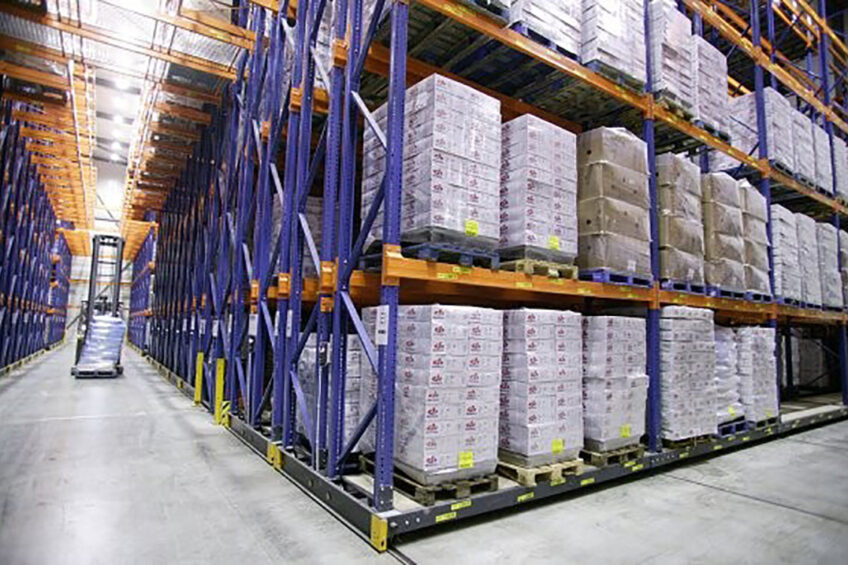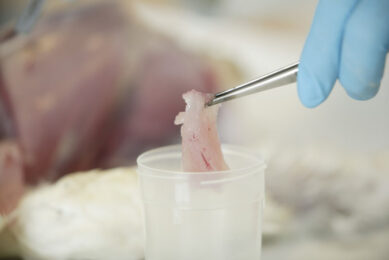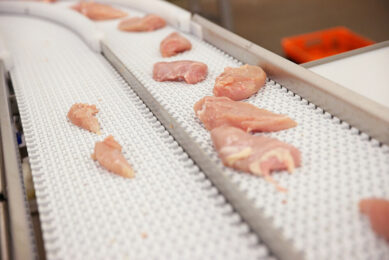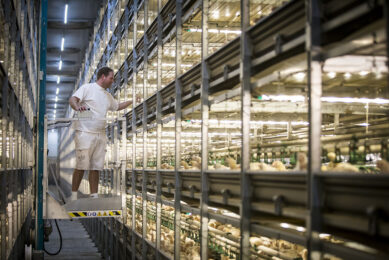Proposed reduction on chicken shelf-life in Saudi Arabia

Saudi Arabia has proposed cutting the shelf-life of whole frozen chicken and chicken portions from 1 year to 3 months. This would impose logistical challenges for both local suppliers and foreign exporters.
The WTO’s Committee on Sanitary and Phytosanitary Measures was notified of the draft regulation on 6 May via a circular from the Saudi Arabia Food and Drug Authority noting the intentions to change the expiration date on frozen chicken products applicable from the day of slaughter.
The proposed reductions could disrupt imports serving that market, including those of Brazil’s largest chicken processor, BRF SA, a company that works with local companies in Saudi Arabia and exports products from Brazil to the country.
“Jeddah, Saudi Arabia’s main port, is some 1,000 km away from the country’s capital, Riyadh,” said Patricio Rohner, a BRF executive overseeing international markets, reports Reuters. “Both local and foreign suppliers will have to adjust if this becomes the new standard.”
Saudi Arabia halts trade 11 Brazilian poultry processors
The Brazilian Animal Protein Association (ABPA) voiced surprise about the decision, and ministries are evaluating a possible appeal to the WTO. Find out more…
The report continues to note that Brazilian meat lobby, ABPA, said the proposed reduction of the shelf-life of chicken products in Saudi Arabia is a decision of “a potential protectionist nature”, adding that the proposal comes just days after Saudi Arabia banned imports from 11 Brazilian poultry plants “without warning or explanation”.













